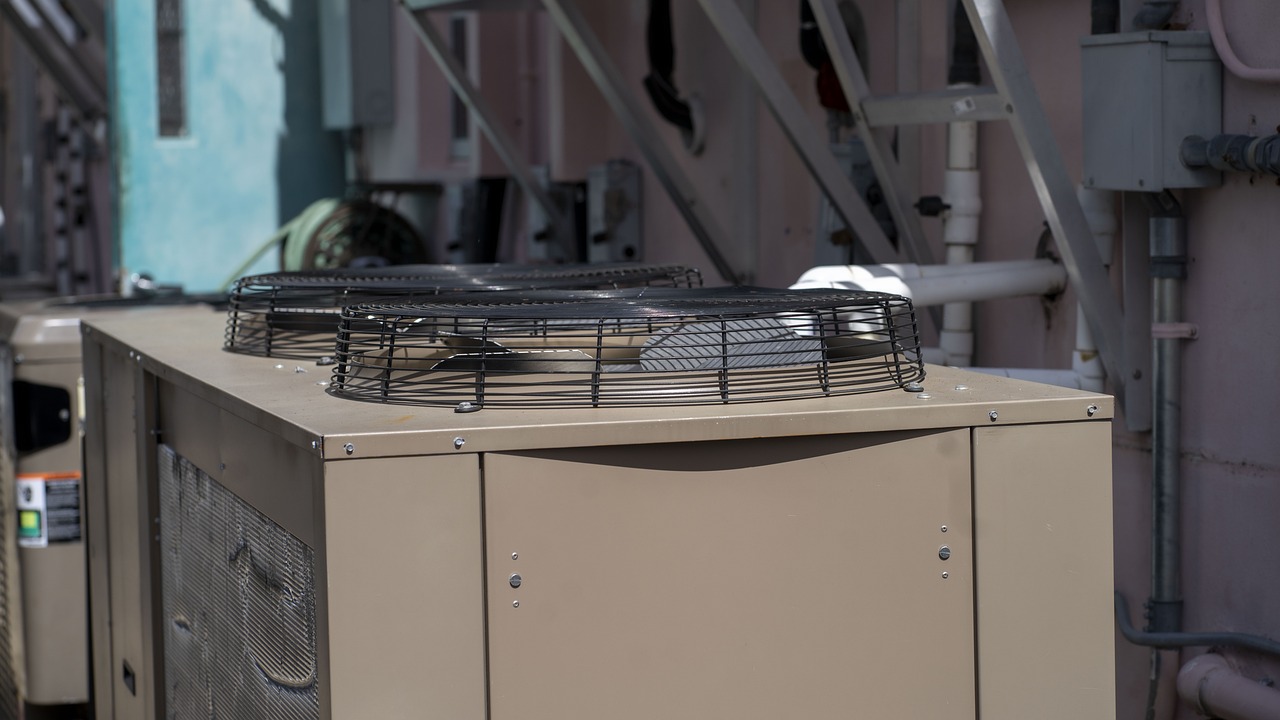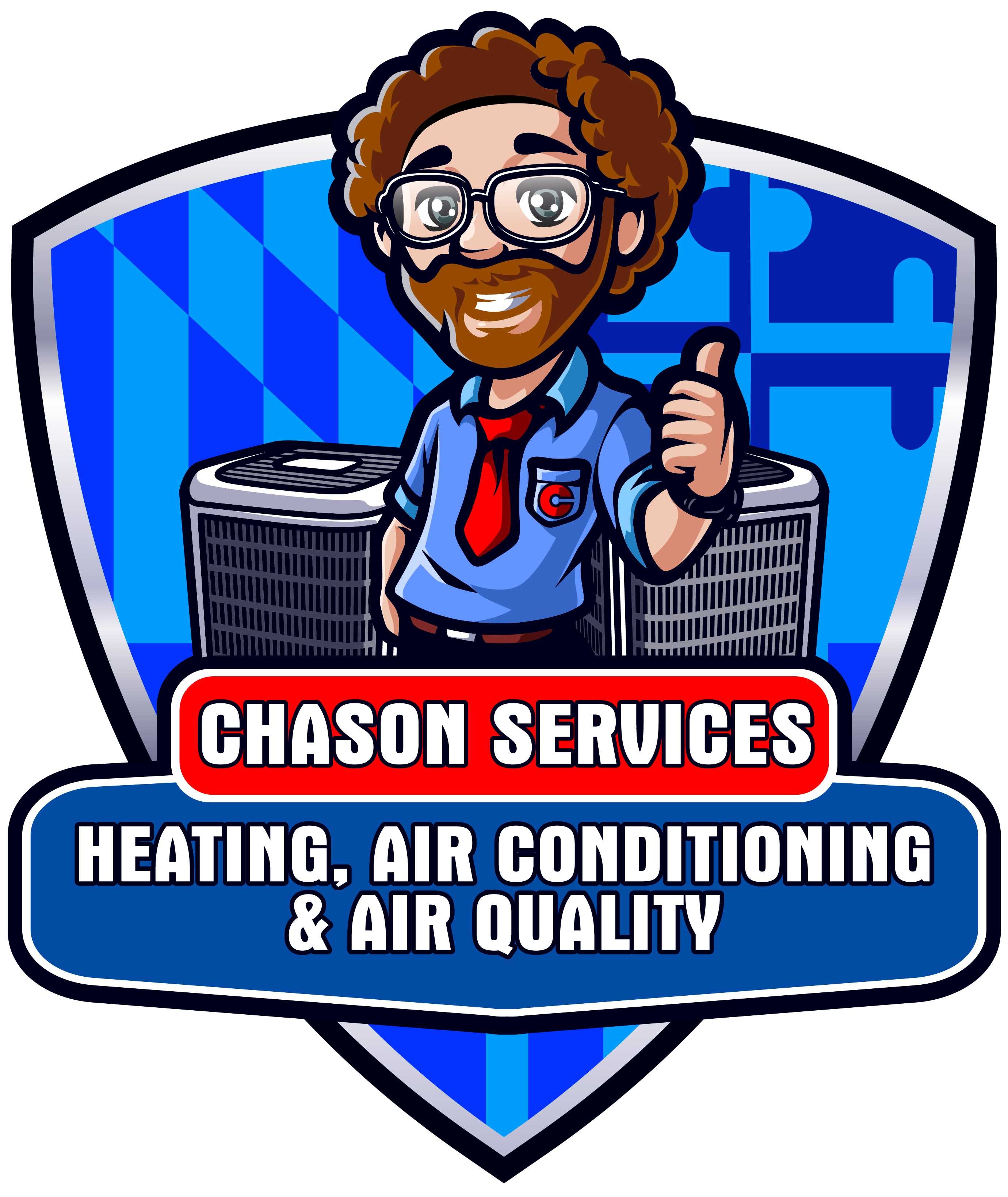Living in Timonium, Maryland, comes with its share of weather extremes throughout the year. In such conditions, having a properly functioning HVAC system is crucial for maintaining indoor comfort and air quality. However, issues such as Freon leaks can disrupt your system’s performance and compromise your comfort. In this comprehensive guide tailored for Timonium residents, we’ll delve into what Freon leaks are, how to identify them, and the best course of action for fixing them to ensure your HVAC system operates efficiently.

Answering The Question: What Is A Freon Leak And How Do You Fix It In Timonium, MD
What Is A Freon Leak?
Freon, a refrigerant compound, serves as the lifeblood of air conditioning systems, facilitating the transfer of heat and producing cool air. The HVAC system’s condenser coil holds the Freon as the compressor increases its pressure, causing it to condense into a liquid and release heat. The liquid Freon then travels to the evaporator coil, where it evaporates, absorbing heat from the surrounding air and cooling it before being recirculated into the home. However, if there’s a leak in the system, the Freon escapes, disrupting this crucial process and compromising the system’s efficiency.
What Are The Signs of a Freon Leak?
Frozen Evaporator Coils
Frozen coils indicate low Freon levels, hindering the system’s ability to produce cool air efficiently. This can result from reduced pressure due to a leak, causing the coils to drop below freezing temperature.
Hissing or Gurgling Sounds
Unusual noises during system operation may signify Freon leaks from damaged coils. Hissing noises are often associated with smaller leaks, while gurgling sounds may indicate more significant leaks requiring immediate attention.
Inadequate Cooling
If your air conditioner fails to produce cold air despite running, it may be due to low Freon levels. A decrease in refrigerant levels can impair the system’s ability to absorb heat, resulting in reduced cooling capacity.
Increased Energy Bills
Freon leaks force the system to work harder, leading to higher energy consumption and elevated utility bills. The system compensates for the lost refrigerant by running longer cycles, consuming more energy in the process.
Elongated Cooling Cycles
Longer cooling cycles suggest Freon leaks, causing the system to struggle to maintain desired temperatures. As the refrigerant levels decrease, the system takes longer to cool the air, leading to extended operation times.
Increased Humidity
Freon leaks impede the system’s ability to remove humidity from indoor air, leading to elevated moisture levels and potential mold growth. Excess humidity can make the indoor environment uncomfortable and contribute to health issues.
Foul Odors
Freon leaks can emit a noxious odor similar to exhaust, indicating a significant leak and posing health risks. The presence of Freon in the air can cause respiratory irritation and other health problems, requiring immediate attention.
How to Detect a Freon Leak:
Detecting a Freon leak requires specialized tools such as automatic leak detectors used by HVAC professionals. These detectors can identify the presence of refrigerant gas in the air, pinpointing the source of the leak accurately. Alternatively, the soap bubble method, where soapy water is applied to the HVAC system’s components to detect escaping gas through bubbles, can also be employed for detection. While automatic leak detectors provide precise results, the soap bubble method can be effective for identifying larger leaks visibly.
How to Fix a Freon Leak:
Fixing a Freon leak typically involves replacing the damaged component, such as the evaporator coil, which may cost between $1,000 and $2,000. For older units or extensive leaks, replacing the entire HVAC system may be more cost-effective in the long run. Temporary solutions, such as using leak sealants, can provide short-term relief but may affect system efficiency and require eventual replacement. It’s essential to consult with HVAC professionals to determine the most suitable course of action based on the severity of the leak and the condition of the system.
Preventing Freon Leaks:
While some Freon leaks are inevitable due to normal wear and tear, preventive measures can help minimize the risk of leaks and prolong the lifespan of your HVAC system. Regular maintenance, including inspections, cleaning, and refrigerant level checks, can help detect and address potential issues before they escalate. Additionally, ensuring proper installation and following manufacturer guidelines for system operation can help prevent leaks caused by improper handling or installation practices.
Give Chason Service A Call Today For HVAC Repair Services In Timonium, MD!
As a homeowner in Timonium, Maryland, maintaining a comfortable indoor environment is paramount, especially given the region’s varied climate. Freon leaks can disrupt your HVAC system’s efficiency and compromise indoor air quality, leading to discomfort and potential health hazards. If you suspect a Freon leak or encounter any signs of HVAC malfunction, don’t hesitate to contact Chason Service. Our team of experienced professionals specializes in HVAC repair and maintenance, ensuring your home remains comfortable and safe year-round.
Contact Chason Service today for HVAC repair services in Timonium, MD.
